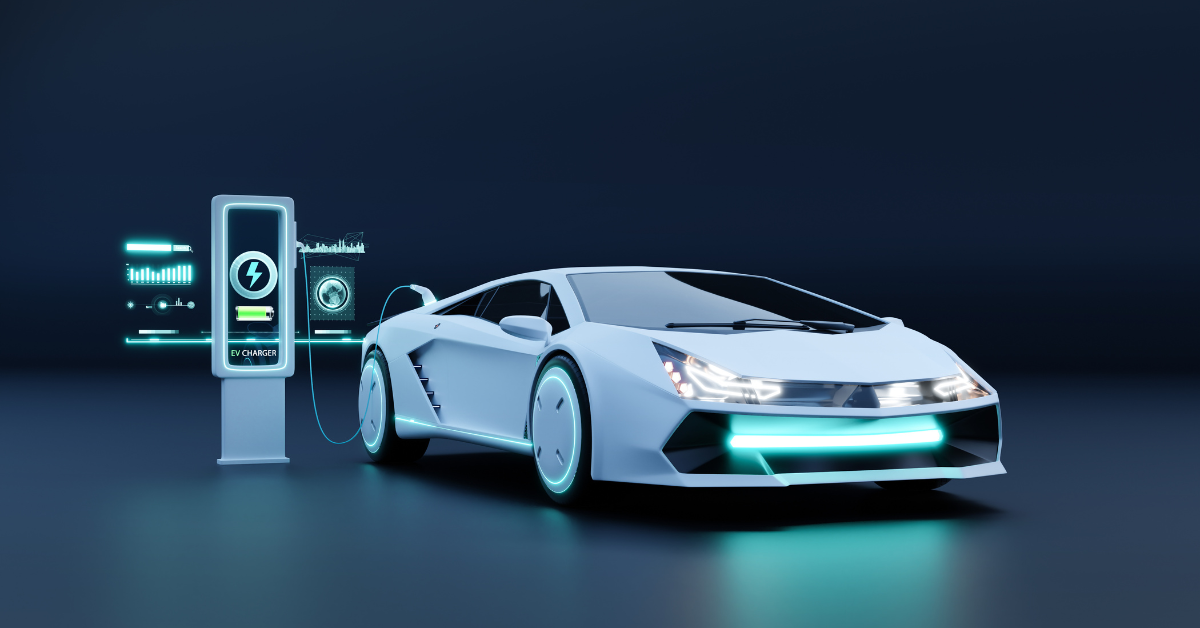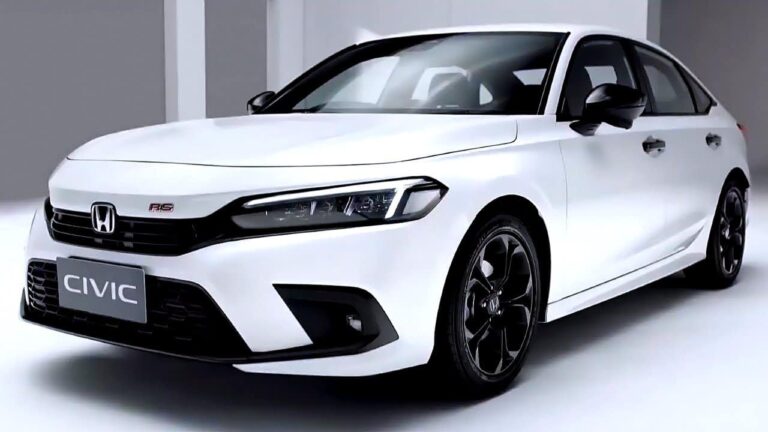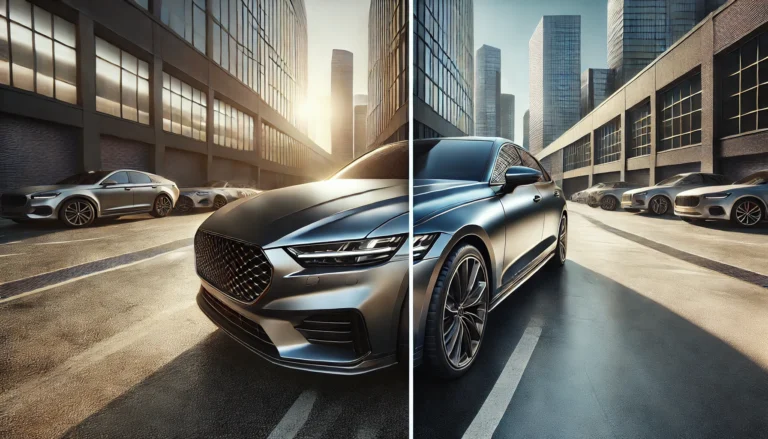As electric vehicles (EVs) continue to replace traditional combustion engines, car enthusiasts and tech-savvy drivers wonder: Is it possible to ECU tune an electric car? In traditional vehicles, ECU tuning boosts performance, improves fuel efficiency, or adjusts handling dynamics. But with electric cars, the principles of tuning change dramatically, focusing instead on managing battery performance, power delivery, and range optimization. In this article, we’ll explore what ECU tuning looks like for electric cars, the possibilities, challenges, and key considerations when tuning an EV.
Understanding ECU Tuning
To grasp the potential for tuning electric cars, it’s essential to understand what ECU tuning is and what its purpose is in traditional vehicles. ECU tuning involves adjusting or reprogramming the settings within a car’s ECU, which controls parameters like fuel injection, ignition timing, and turbo boost (if equipped). In ICE vehicles, these adjustments can lead to substantial changes in performance, fuel efficiency, and throttle response.
Electric cars, however, operate differently. They don’t have a traditional engine with cylinders, spark plugs, or fuel injectors. Instead, EVs rely on an electric motor powered by a battery, managed by a complex system of electronics that includes an ECU, often referred to as a Vehicle Control Unit (VCU) or Battery Management System (BMS) in EVs.
What is an Electric Vehicle ECU?
In electric vehicles, the ECU serves as the car’s “brain,” controlling everything from power output to regenerative braking. EV ECUs (or VCUs) manage the entire power flow from the battery to the motor, regulate charging, and even control aspects like climate systems and cabin temperature. Some EVs have separate ECUs or modules for different functions—power management, battery health monitoring, and motor control.
Why Tune an Electric Car?
The motivation behind tuning an EV’s ECU often aligns with why people tune traditional cars: improved performance, efficiency, or personalized driving dynamics. Some EV owners are interested in adjusting settings to enhance acceleration, increase top speed, or improve range. While the outcomes of EV tuning differ from ICE tuning, the underlying desire to personalize and enhance the driving experience remains similar.
How Does ECU Tuning Differ for EVs?
In ICE vehicles, tuning adjustments focus on parameters related to combustion, fuel, and airflow. For EVs, tuning primarily affects the battery and electric motor. Adjustments might include:
- Optimizing the power output.
- Managing the battery’s temperature.
- Controlling the distribution of energy between the front and rear motors (if applicable).
Unlike ICE tuning, where fuel and exhaust modifications are common, tuning EVs tends to focus on parameters like:
- Power delivery: Adjusting how quickly power is sent to the wheels
- Battery usage: Modifying how efficiently the battery power is managed
- Regenerative braking: Adjusting the intensity to maximize energy recovery
Types of ECU Adjustments in Electric Cars
- Power and Torque Delivery: Tuning the ECU in EVs can involve fine-tuning the power and torque curves to enhance acceleration or make the vehicle feel more responsive. Adjustments here can make the EV feel sportier and more dynamic.
- Battery Optimization: Efficient battery usage is a key focus in EV tuning. Modifications might involve changes in the power draw from the battery to either improve range or increase peak power output temporarily.
- Regenerative Braking: This is a unique feature in EVs where the braking system recaptures energy and sends it back to the battery. Tuning this function can lead to stronger regenerative braking for energy efficiency or a smoother braking experience.
Popular EV Tuning Companies and Software
Some companies are beginning to specialize in EV tuning, such as Ingenext and EV Controls. These companies provide:
- Software or custom ECU modifications for specific EV models.
- Enabling users to modify acceleration.
- Braking feel.
- Even battery performance.
These adjustments, however, often come with limitations due to strict manufacturer controls.
Challenges and Limitations of Tuning Electric Cars
EV tuning isn’t as simple or straightforward as tuning a traditional car. Some significant challenges include:
- Manufacturer restrictions: Most EV manufacturers lock down their software, making it difficult to modify.
- Battery health: Aggressive tuning can affect battery longevity, which may reduce the vehicle’s lifespan.
- Warranty risks: Modifying an EV’s ECU may void warranties, as manufacturers often prohibit aftermarket software changes.
Safety and Reliability Concerns in EV Tuning
Safety is paramount in EV tuning due to the high-voltage systems involved. Improper tuning can lead to overheating or reduced battery efficiency, potentially putting both the driver and the vehicle at risk. Additionally, changes to how power is delivered or drawn from the battery could stress the system, impacting the EV’s overall reliability and lifespan.
The Role of Over-the-Air (OTA) Updates in EV Tuning
Many EV manufacturers regularly provide OTA updates that improve performance, range, and sometimes even introduce new features. These updates offer a “safe” way to experience enhancements without risking warranty or safety. Tesla, for example, uses OTA updates to roll out new driving modes or improve battery management without any input from the owner. However, OTA updates do not allow the same level of customization that aftermarket tuning might offer.
Legal Implications and Warranty Issues
Tuning an EV’s ECU can lead to warranty nullification, especially if the modifications result in damage to critical systems like the battery or electric motor. Some countries also have regulations limiting modifications to EV systems, so it’s wise to check local laws before making any changes.
Performance Enhancements vs. Range Optimization
One key decision in EV tuning is whether to focus on performance (e.g., acceleration) or range. While it’s possible to enhance both to an extent, there’s often a trade-off. For example, increasing power output might reduce the vehicle’s range due to higher battery usage. Tuning for efficiency, on the other hand, can help increase range but may limit top speed and acceleration.
How Future EV Technology Could Influence Tuning
As EV technology continues to evolve, the possibilities for tuning may expand. With advancements in battery technology, AI-based ECU controls, and modular ECUs, there could be more opportunities for customization in the future.
The Future of Electric Car Tuning
The future looks promising for EV tuning, with increasing interest in performance-focused EV models and potential advances in aftermarket software. It’s likely that specialized EV tuning companies will continue to emerge, offering new solutions for EV owners looking to enhance their vehicles.
Conclusion
So, is it possible to ECU tune an electric car? The answer is yes—but with limitations and considerations. EV tuning can improve performance, customize driving dynamics, and even extend range. However, tuning EVs carries unique risks, such as battery wear and warranty implications, that differ from traditional ICE tuning. While the aftermarket tuning options for electric vehicles are still in their early stages, advances in technology and software promise exciting possibilities for future EV tuning.
FAQs
Can you tune any electric car?
Not all EVs can be tuned due to software restrictions and manufacturer controls. Some models are easier to tune, while others are tightly locked down.
Does tuning an EV affect its battery life?
Yes, aggressive tuning can potentially shorten battery life if it strains the battery with higher-than-recommended power outputs.
Will tuning void my EV’s warranty?
In many cases, yes. Modifying the ECU can void the warranty, so it’s essential to check with the manufacturer first.
Can tuning improve an EV’s range?
It can, but tuning for efficiency often requires trade-offs, such as reducing top speed or power output.
Are there legal restrictions on EV tuning?
Some regions have legal restrictions on EV modifications, so it’s essential to check local regulations before making changes to an EV’s ECU.








